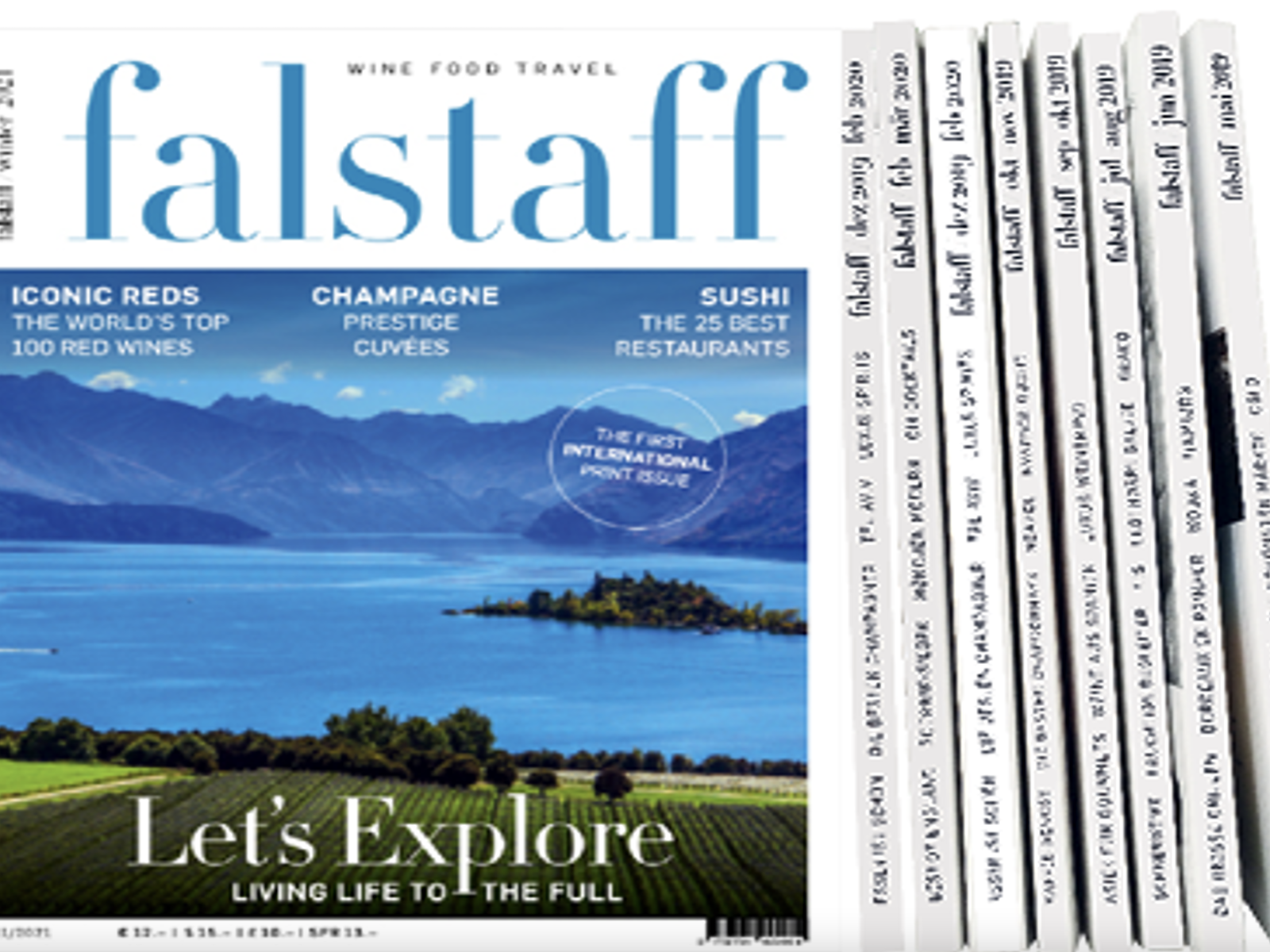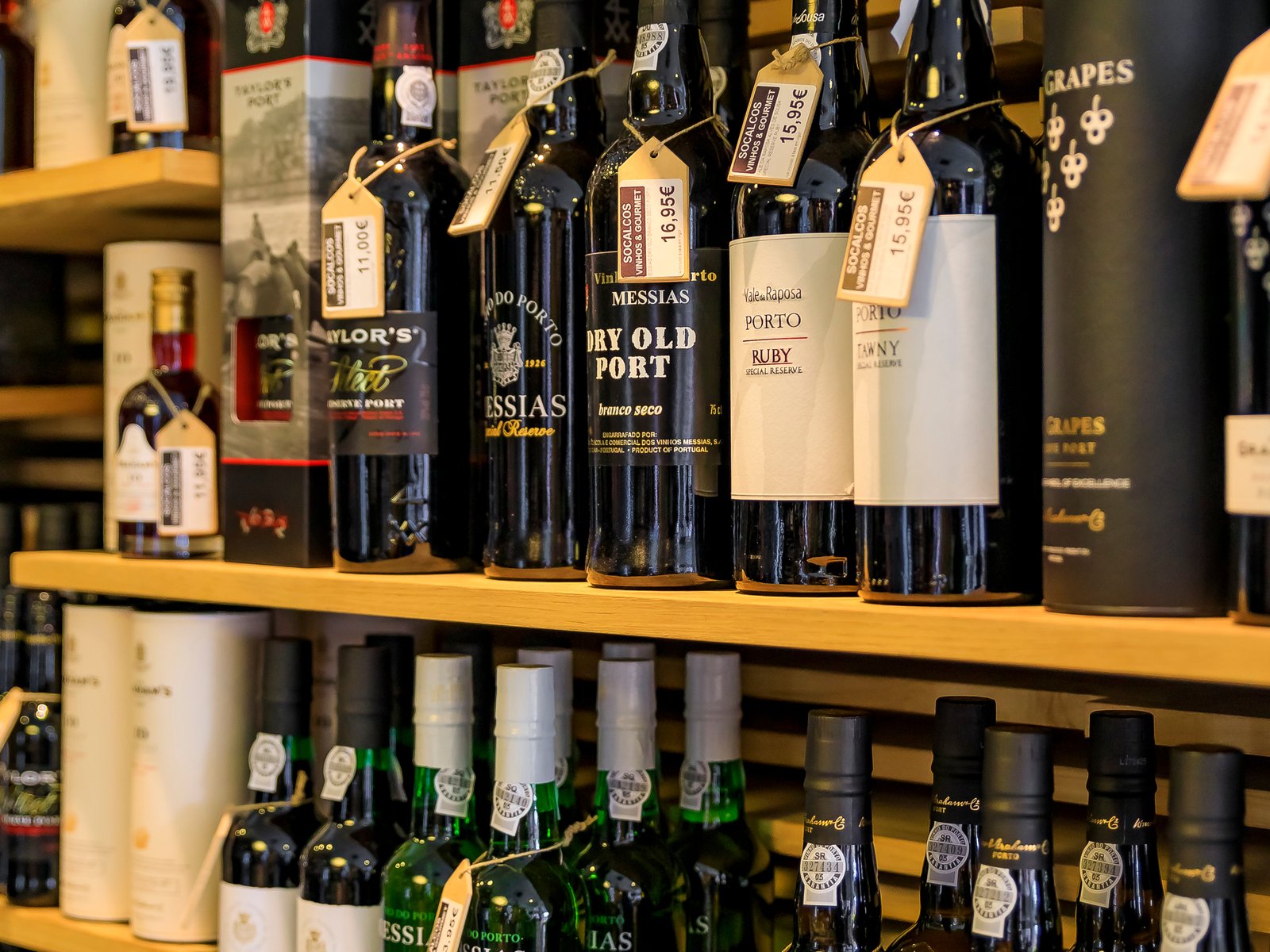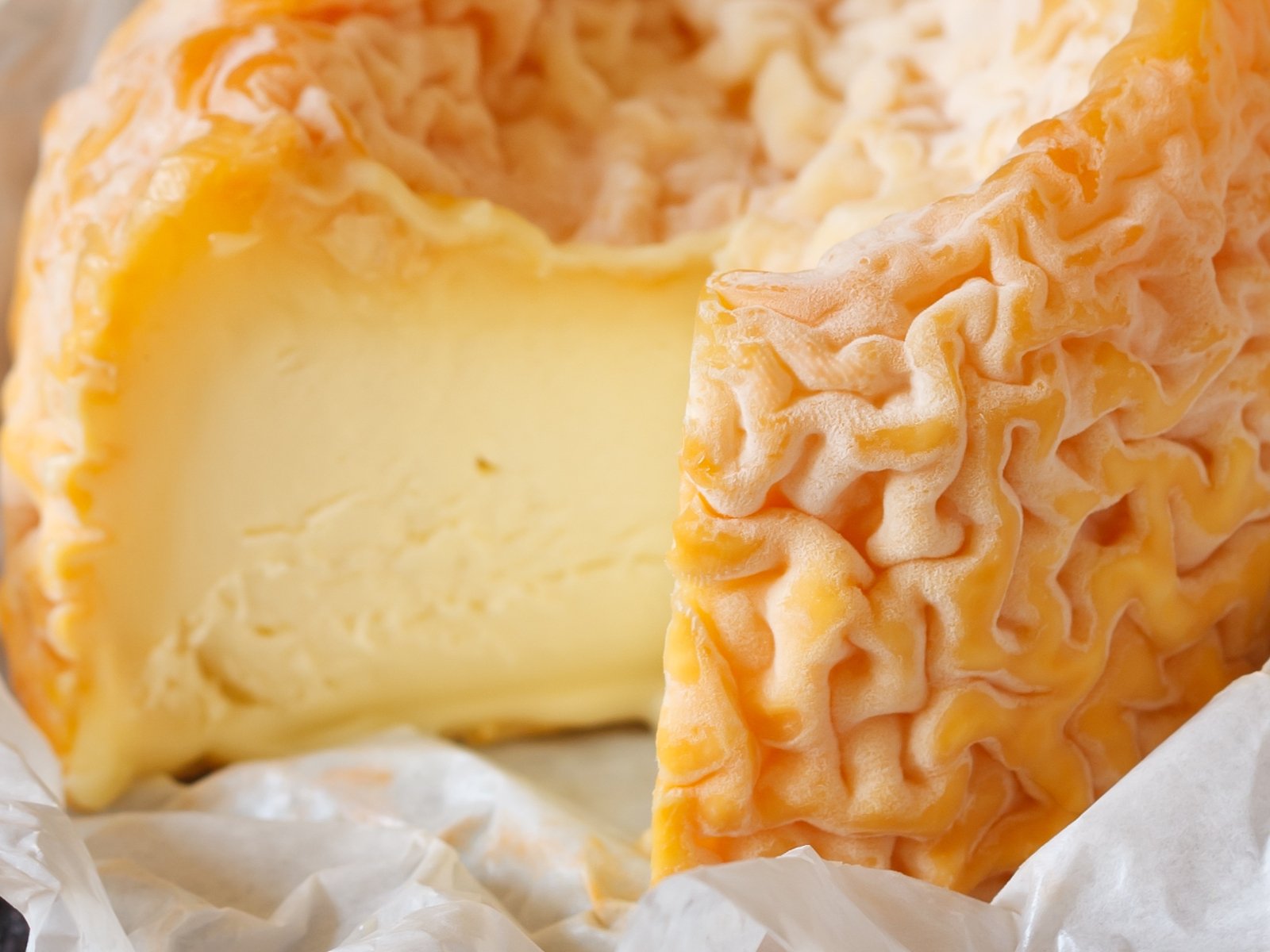Who Was Falstaff?
A 1980 performance of Verdi’s opera Falstaff in Vienna gave birth to this magazine. Editor-in-Chief Anne Krebiehl explores the protagonist’s flawed but appealing character.
Falstaff is an antihero. That Shakespeare based him loosely on real-life characters is neither here nor there, what matters is that Sir John Falstaff, to give him his full name, has always been flawed. So why the fascination? He appears in four Shakespeare plays, inspired more than one opera and still enjoys popularity. In 21st century terms, he is the very definition of that pale, male and stale idiom, not blessed with a single shred of self-awareness.
But his entire persona already was at odds within his own time: through the centuries, his sense of entitlement, his dishonesty and cowardice are depicted from his first appearance in King Henry IV and in every further iteration. So is his unbridled love of drink and debauchery. It is his indomitable devotion to wine and indulgence that lends him his reputation, that imbues him with charisma, that turns an old lothario into a philosopher who speaks with a passion that rings true when so much about him is fake.
In Praise of Drink
Falstaff is the butt of jokes, yet his famous speech in praise of drink in King Henry IV Part One – very much of its time and pretty much unacceptable today – is made much of. To Shakespeare’s Falstaff, the first property of drink is to make men virile and courageous, or, as he puts it, “hot and valiant.”
Drink makes “cold blood…like lean, sterile and bare land, manured, husbanded and tilled with excellent endeavour,” and that is cutting out the unsavoury bits. Thus, the coward praises courage. The other effect of drink, Falstaff says in that same speech, is that it “ascends me into the brain; dries me there all the foolish and dull and curdy vapours which environ it; makes it apprehensive, quick, forgetive, full of nimble fiery and delectable shapes, which, delivered o’er to the voice, the tongue, which is the birth, becomes excellent wit.”
Deep Humanity
We all know that no amount of drink will bestow wit upon a dull person – but perhaps that is beside the point, because we see the true and most human essence of Falstaff not in his drunken grandiloquence but in his humiliation. To see it, we need to switch scenes: from speech to song, from English battlefields to a provincial tavern where Falstaff – now in Verdi’s eponymous opera – is in the lowest of spirits after having been outwitted by the very women he set out to deceive. Having suffered the indignity of being thrown into the Thames in a basket of dirty laundry, he is cold, wet and his pride is severely wounded.
Bryn Terfel, superbly cast last year as Falstaff at Grange Park Opera in Surrey, England – his night shirt stained with red wine, his physical bulk repulsive – made the essence of Falstaff’s character clear.
Depicted as a buffoon and braggart from the start, we do not feel sorry for him when he finally gets his comeuppance. We see him for what he is: a pathetic man steeped in self-pity. It is when the innkeeper brings Falstaff a glass of mulled wine that we see the transformation. We see how joy is illuminated within him, how life, relish and appetite are returned to him with just one sip of wine: “Il buon vino sperde le tetre fole dello sconforto…” Here is the translation of this aria: “Good wine chases away the gloomy thoughts of sorrow, lights up the eye and one’s thoughts; from the lips it rises to the brain, wakening the fairy smith of trills, a black cricket who sings in the reeling brain, waking to trills every fibre of the heart. The joyous air quivers to the trill, a thrilling madness intoxicates the happy globe, the trill quivers through the entire world!”
Here's to Life
This is what Falstaff teaches us: that the greatest gift is the ability to take pleasure and comfort in simple things. His persona may be abhorrent, yet there is a lesson. As A.R. Humphries puts it in his 1959 Arden edition introduction of Shakespeare’s play: “Falstaff, though immensely ‘living,’ is not like any single real man. But he is symbolically like life itself; the large comedy of life is embodied in him. He expresses the indispensable spirit of fun.” We all know that life can be hard, so here is to joy and levity – and to wine.












